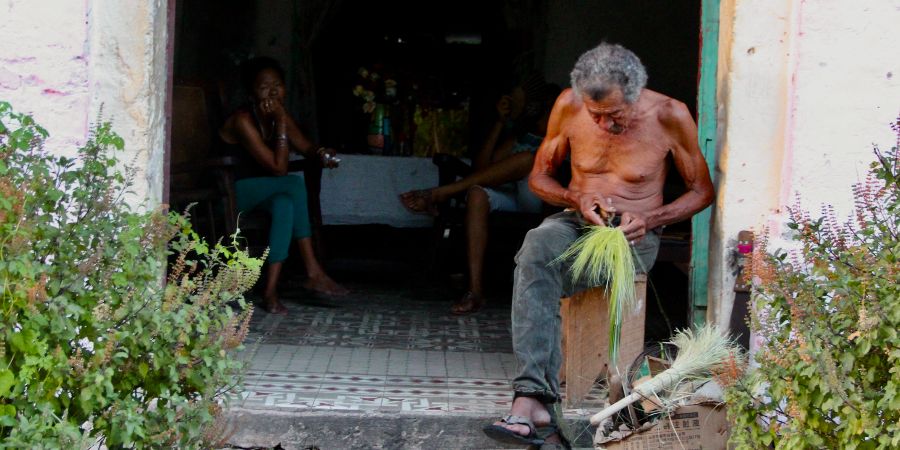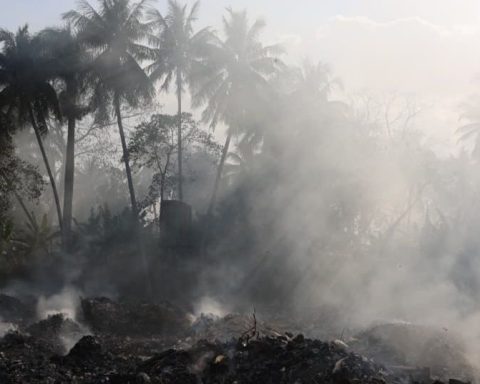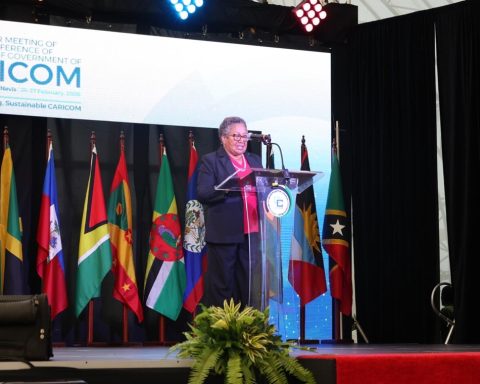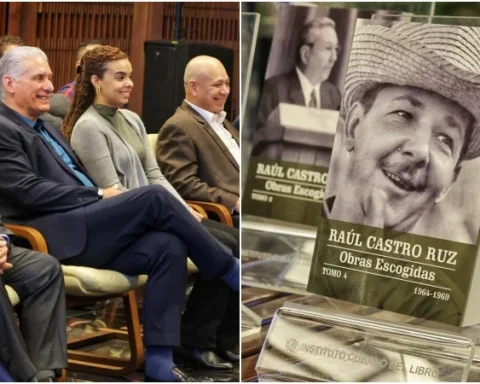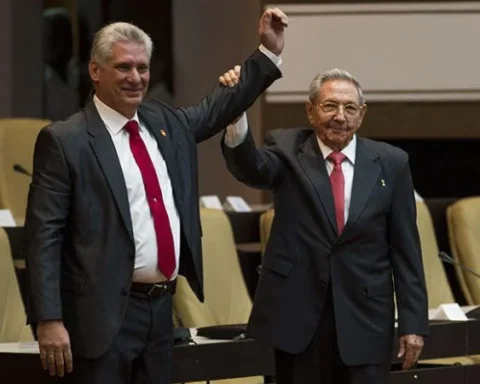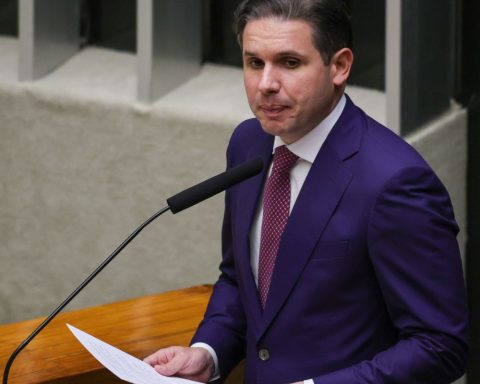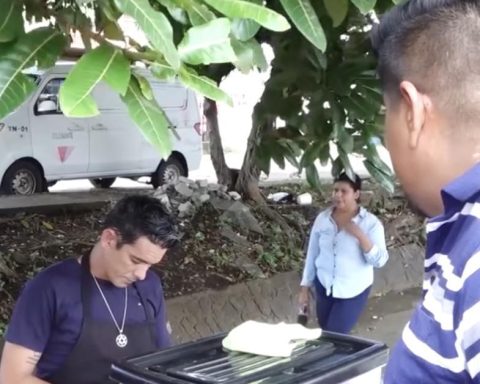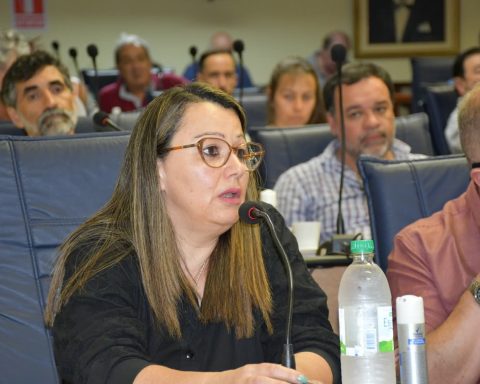Havana.- In recent days, among other things, I have consecrated my attention to the subject of hunger In Cuba. It seems natural to me that this happens, because the vital issue of carrying (or not) something in the mouth is the one that focuses the attention of the citizens on foot on this unfortunate island sunk in the tremendous fury created by the bureaucratic socialism that we have had to suffer.
I insist that I am referring to common and currents Cubans; to the mere children of neighbors. Until the simple logic tells us that this should not be – not from afar! – A subject that concerns the bulky lords of round abdomines that often appear on television screens to urged ourselves to austerity, moderation, sacrifice and the “creative effort” (or their counterparts of the beautiful sex, which are less in number and those who their feminine condition leads to take care of their figure).
Today, already octogenario, I remember my moority, when, being a young quinceañero, I witnessed the climb to the power of Mr. Fidel Castro and his subordinates. I am referring, in particular, to the promises of promises that made the new mandamás and their friends about innumerable bonanzas that would rain over the Cuban people. Among them, instead, the promises of elimination of hunger stood out.
Now, seeing things in retrospect and with many more elements of judgment, I confess that I fail to understand what hunger they referred to in purity. For being a legitimate city, I recognize not knowing in detail what the situation could be in that regard in rural areas; However, I doubt that, with the feracity of the Cuban land and the amount of wild fruits that grew on the banks of the rivers, it could be discussed of starvation of landless peasants.
Yes I can speak with more knowledge about Havana, in which I have resided my whole life. Except for this, of course, the five years I studied in Moscow and the seasons that, by decision of the regime, I have passed in the islands of the “DGP archipelago” (acronym of the General Directorate of Prisons of the Ministry of Interior of Cuba), counterpart of the infamous immortalized gulag in the books of the Great Solzhenitsyn.
First of all, I must indicate that I did not belong, or remotely!, To a family that could be conceptualized as rich. Remembering with great affection the dead people, I can say that my parents were primary teachers, and my brother served as secretary. Among my aunts there were several who worked as school janitors …
Well, except Fridays, I don’t remember a single day that beef was not consumed (with its corresponding, of course). For those of less resources there were diverse options than today, a Cuban on foot without age to have lived those experiences, they might seem stories extracted from a kind of fairy tale (or, perhaps better, of a science fiction story).
In a fonda, for a modest peseta, it was possible to consume a “balloon.” They were not leftovers or a “revolted food”, as they tried to show in a Castro novel. It was a plate of food (no sources, of course!) Of it that was served the “normal” parishioners. Only the client could not choose what was included in a “globe.” The gastronomic took the opportunity to give way to the less requested dishes.
But there were even cheaper options. In a Chinese post, for example, it was not uncommon to see low -income people who came to lunch. As “plate and tablecloth”, the Asians put on the counter a piece of brown paper. There you could “eat the letter” … Bollitos (of potato or face, these smaller, but exquisite), cod frbits, chips of fried food, and so on. Lunch could go out in 10 cents or little more.
These sad reflections come to the case of generalized hardship that Castrocommunist policies have enthroned Cuba today. Those in 1959 announced to hype and saucer that hunger would eradicate from our island, imposed a system that, in practice, has meant the subconsumption (when not the frank starvation) for our most humble compatriots and for others that are not so much.
Without going any further: three days ago, in Havana bakeries, the skilled panechin of the daily regulated quota is not dispatched; Inside the situation is even worse. It is not much (it is supposed to weigh 60 grams, although in practice it is usually even lower). To top it off (and how it stood out In a published report days ago in Cubanet), It’s not uncommon … Have a cockroach taste! This unusual reality was approached with absolute self -confidence by one of those “leaders” that we spent here, who “explained” (some verb must be used) why that happened …
But for many of the lower income Cubans (I think of retirees who worked a lifetime), who cannot even dream of going to buy a MSMEThat blessed panecito (although he knows a cockroach) can represent the difference between the extreme subconsumption and the total starvation! …
And yet, the Castrocommunist agitation apparatus, which dedicates complete television programs to addressing those issues that the regime wishes to clarify before its subjects, has not deigned to give an explanation about the virtual disappearance – for days! – of the happy daily panecillo! The only official discharge that this chronicler knows is the one formulated by the Board of Directors of the Plaza de la Revolution municipality.
The aforementioned castrocommunist organ of a local nature and medium level makes known that the absence of regulated bread originates “due to difficulties in the availability of flour” (wasn’t it easier to say “the lack of flour”!). It also promises: “As soon as we receive the product we will work tirelessly to provide the best service to our population.” Sad comfort for the retiree I referred to before! …
And thus those who promised to eradicate hunger in Cuba continue with their actions. Not only do not supply enough food to their subjects, but they pursue and harass the good Samaritans who try to alleviate the situation created by the same authors of false promises. That is the case of the prominent opposition leader José Daniel Ferrer and his friends in the second city of the island, where they operate a popular dining room.
Those Mayimbes Not only are they unable to come to the food needs of the generality of Cubans, but they prevent our peasants from solving that problem! The most recent ads point towards the regime’s stubbornness in keeping the current system ultranza, with the inoperative “planning” and state control over the commercialization of agricultural products (personified in the collection company, which lets harvest and pays late and badly).
Poor town of Cuba!
